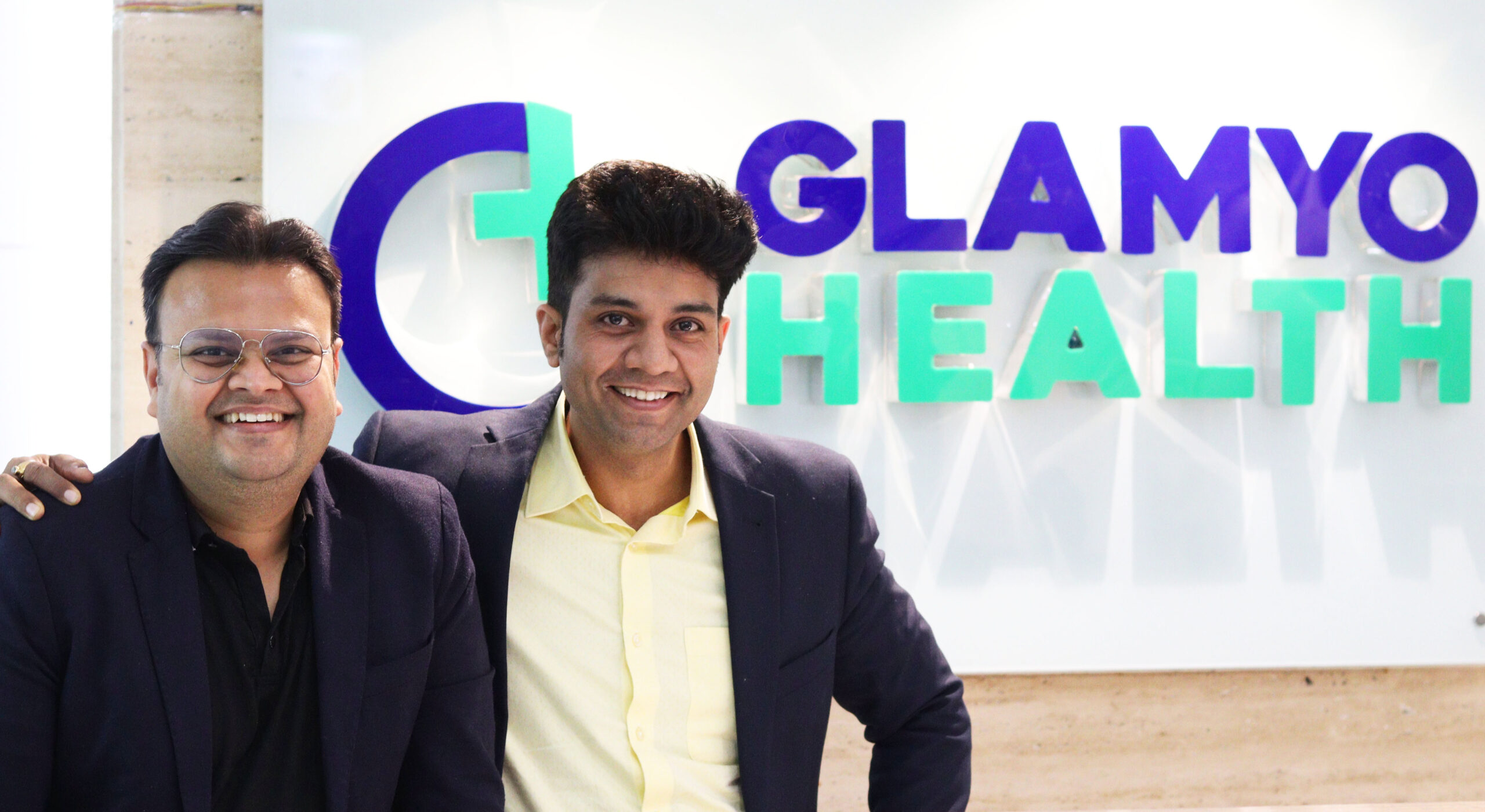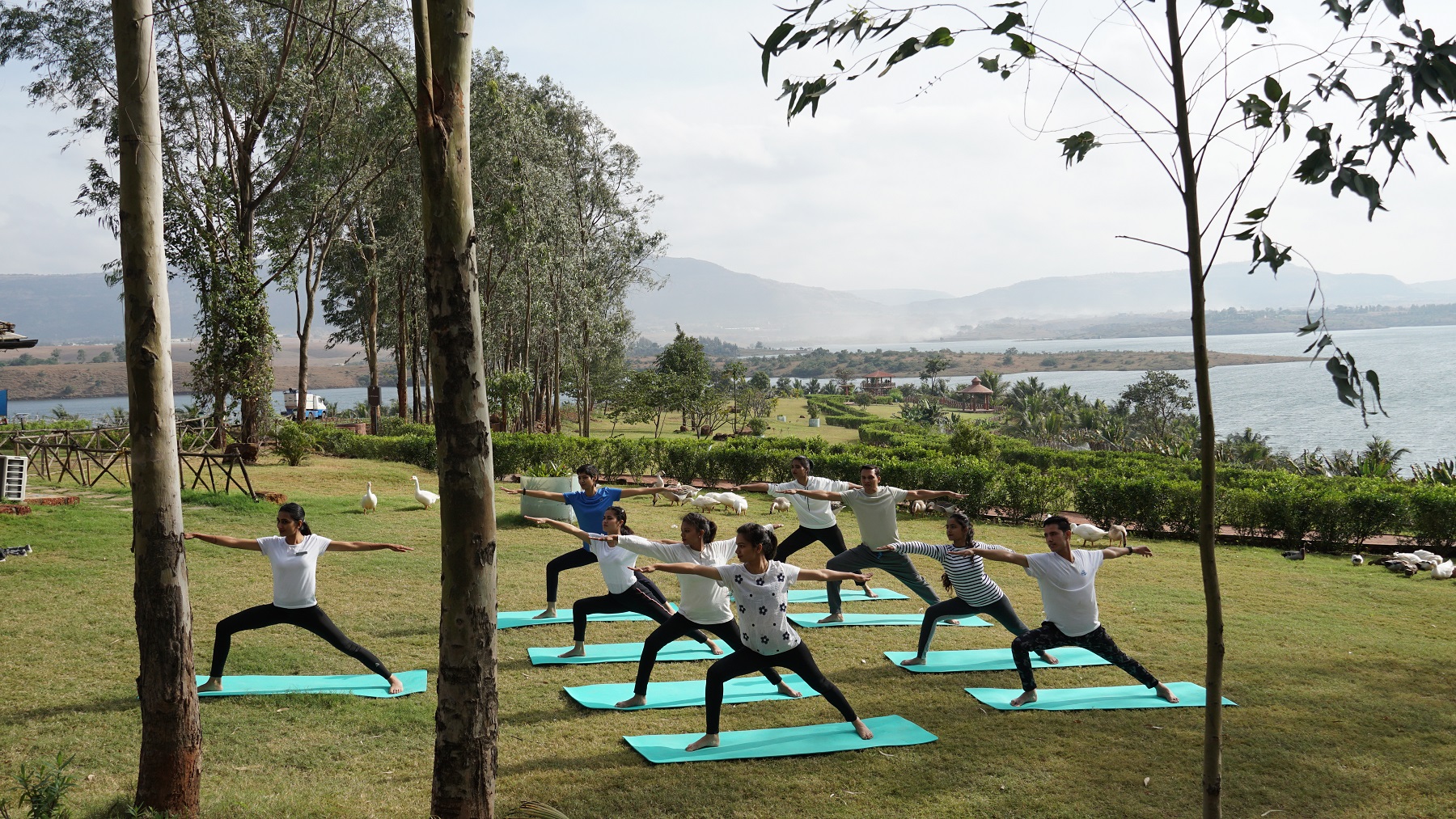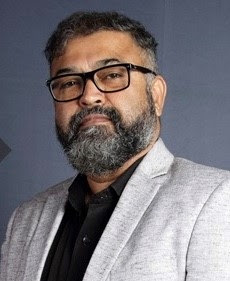
Dr V Keshavan Senior Consultant Pulmonologist, Apollo Hospitals, Hyderaguda.
Smoking of tobacco is one of the most important preventable causes of deaths worldwide, with 1 smoking associated death occurring every 6 seconds that results in around 6 million deaths annually. It has been estimated every cigarette smoked by an individual, causes a reduction of life span by 11 minutes and that on average, tobacco users lose 15 years of life. More than 75% of these deaths occur in middle- and low-income countries. It is important to note that nearly 10% of these deaths occur among non- smokers, due to the harmful effects of passive smoking. There are enormous annual global economic costs involved, totalling more than USD 1 trillion (directly due to health care costs and indirectly, due to loss of productivity).
India is the 3rd largest tobacco producer and has the 2nd largest number of tobacco users in the world. In India, there are over 1.3 million tobacco related deaths annually. Nearly 25% of all deaths due to cardiovascular causes and over 75% of all deaths due to respiratory causes are smoking related. Indian data reveals a high incidence of oral cancer, which exceeds even the incidence of lung cancer, such that nearly 50% of all cases of oral cancer globally are detected in India every year. Smoking also increases the risk of Tuberculosis by two- fold.
Apart from the adverse health effects of tobacco use, there are also adverse environmental effects. It has been estimated that over 84 megatons of green house gases are generated globally. Also, more than 600 million trees are chopped down every year by the tobacco industry.
The second Wednesday of March every year has been designated as “No Smoking Day”. This year, it is on the 8th of March. The main objectives are two-fold: to raise awareness among people of the harmful effects of smoking and to encourage people to quit smoking.
As this is such a vitally important public health issue globally, The World Health Organization (WHO), in 1988 passed a resolution to observe the 31st of May every year as “World No Tobacco Day”.
As per Indian data (GATS- 2) published in 2017, there were nearly 100 million active smokers in India. The prevalence of smoking ranged from 3.8% in Maharashtra to 34.4% in Mizoram.
The prevalence of smoking was 11.9% in rural areas when compared to 8.3% in urban areas.
Nearly 33% of the active smokers had started smoking before the age of 18.
Tobacco usage during adolescence and early adulthood has profound public health implications. Adolescent tobacco usage leads to “accelerated dependency” within a short period after first exposure. Tobacco usage among youth has been recognized as one of the behaviours that defy social norms.
Quitting smoking is one of the most important actions people can take to improve and safeguard their health. This is true regardless of the age or the duration that they have been smoking. This can reduce the risk of premature death and also reduce the risk for many adverse health conditions like cardiovascular diseases, chronic obstructive pulmonary disease and cancer. Quitting smoking is the single best way to protect family members, coworkers and friends from the risks associated with passive smoking.
There are various pharmacological and non- pharmacological methods for smoking cessation.
The pharmacological methods include nicotine replacement therapy and prescription medications like varenicline and bupropion. Nicotine replacement therapy may include nicotine patches, gums and lozenges or nicotine in the form of a nasal spray or inhaler.
Non- pharmacological methods include counselling through smoking cessation clinics or by telephone helplines and by behavioural therapy.
Vaping (the use of electronic cigarettes) has generated a lot of interest recently as a replacement for traditional cigarettes. However, it has not been found to be safer or more effective than nicotine replacement therapy in helping people to quit smoking. Electronic cigarettes also contain nicotine, and can cause addiction like regular cigarettes. Long term use of electronic cigarettes can significantly damage the blood vessels in the body, and increase the risk of cardiovascular diseases.
Data from GATS- 2 indicates that over 90% of individuals were aware that smoking causes serious illness and that passive smoking was also harmful to health.
Over 50% of active smokers had an interest in quitting smoking and nearly 40% of active smokers had made an attempt to quit smoking. In the latter group, over 70% of individuals attempted to quit smoking without assistance of any formal method of smoking cessation.
The Government of India launched the National Tobacco Control Programme (NTCP) in 2007 to raise awareness about the harmful effects of smoking and to help people to quit smoking. Various public health measures that have been adopted to tackle this issue include strict laws against smoking in public places, ban on direct and indirect advertisement, promotion and sponsorship of tobacco related products and encouragement to farmers growing tobacco, to shift to alternate crops. It is also mandatory to have pictorial and text warning labels on the covers of tobacco products.
It is heartening to note that as a response to all these measures, between 2009 and 2016, there has been significant progress in reduction of prevalence of tobacco use as per data from
GATS-2. However, it is important to note that while efforts to quit tobacco use have increased, the proportion of those who quit successfully still continues to be low. There is need for sustained efforts at all levels and coordination between various sectors to further reduce tobacco use.
Any tobacco user willing to quit usage can join the “m-cessation programme” of The Ministry of Health and Family Welfare (MoHFW). A missed call can be given on 011-22901701 for registration. E-registration can also be done on http://www.nhp.gov.in/quit-tobacco.
An exclusive email ID quittobacco@gov.in has also been set up for promotion of this programme.
In order to quit smoking, the most important thing is to have a firm resolve. Indeed, it is difficult to stop smoking, as nicotine in cigarettes is very addictive. Patience and will power are necessary to quit the habit.
“Where there is a will, there is a way”
Dr V Keshavan
Senior Consultant Pulmonologist,
Apollo Hospitals, Hyderaguda.



 Bengaluru March 2023: Goeld ( part of Shri Bajraj Alliance Ltd a listed company), a renowned frozen food company, has announced the launch new products which will be exclusively available at Reliance Retail across the country. The new range of products include Pizza Pocket, Paneer Pakoda, and Idli. This new range of frozen foods by GOELD is specially designed to cater to the needs of Indian consumers who are always on the go and looking for quick and tasty snack options.
Bengaluru March 2023: Goeld ( part of Shri Bajraj Alliance Ltd a listed company), a renowned frozen food company, has announced the launch new products which will be exclusively available at Reliance Retail across the country. The new range of products include Pizza Pocket, Paneer Pakoda, and Idli. This new range of frozen foods by GOELD is specially designed to cater to the needs of Indian consumers who are always on the go and looking for quick and tasty snack options.


